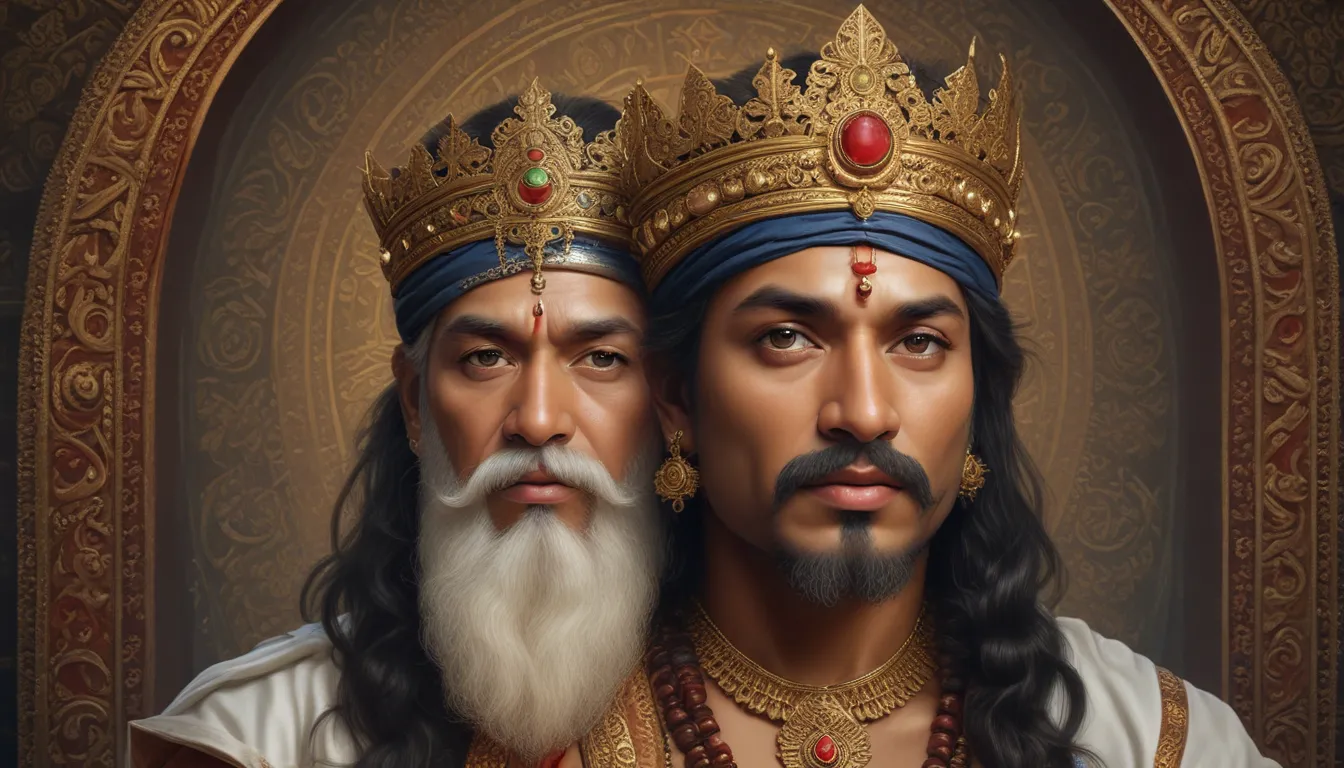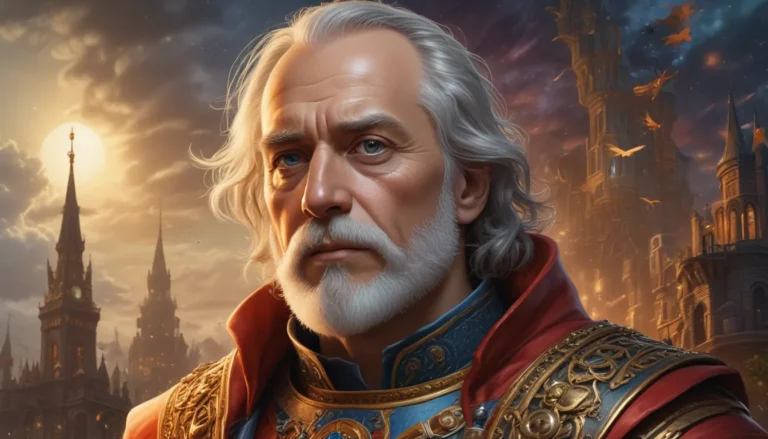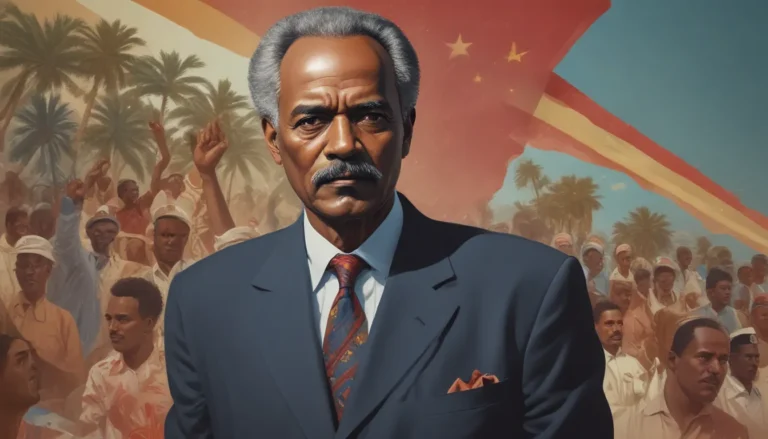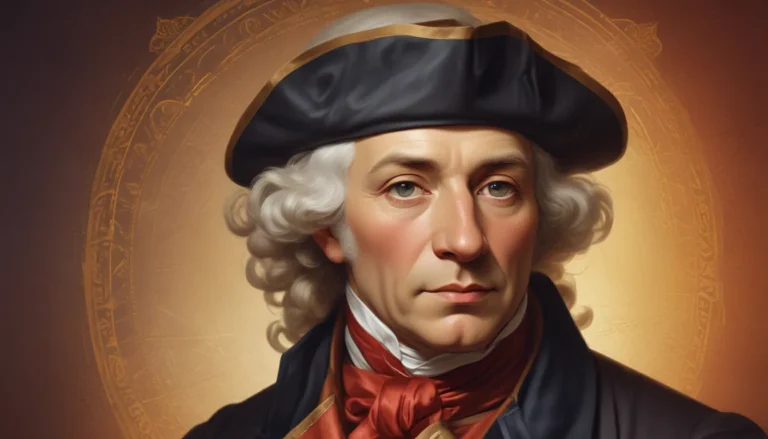The images in our articles may not match the content exactly. They are used to grab your attention, not to show the exact details in the text. The images complement the text but do not replace it.
Welcome to our exploration of the fascinating life and accomplishments of King Mahendra Bir Bikram Shah Dev, a pivotal historical figure in Nepal. Born on June 11, 1920, in Kathmandu, Nepal, King Mahendra ruled the country from 1955 until his passing in 1972. Throughout his reign, he made significant contributions to Nepal’s development, leaving a lasting impact on its political landscape. Let’s delve into eight astonishing facts about King Mahendra to uncover his remarkable achievements and the influence he had on the nation.
Unveiling the Legacy of King Mahendra
-
Birth and Ascension: King Mahendra Bir Bikram Shah Dev was the ninth ruler of the Shah dynasty in Nepal. Born on June 11, 1920, he ascended to the throne on March 14, 1955, following the death of his father, King Tribhuvan.
-
Modernization Efforts: King Mahendra played a crucial role in modernizing Nepal. Through infrastructure development, education, and healthcare initiatives, he brought substantial advancements to the country, leaving behind a legacy of progress and development.
-
Introduction of the Panchayat System: In 1960, King Mahendra dissolved the existing government and established the Panchayat system, an autocratic form of governance. This system remained in place until 1990, when popular protests led to the restoration of democracy in Nepal.
The Diplomat and Visionary
-
Border Dispute Resolution: King Mahendra successfully resolved border disputes with neighboring countries India and China during his reign. His diplomatic skills played a crucial role in securing Nepal’s territorial integrity and maintaining peaceful relations with both nations.
-
Passion for Arts and Literature: Despite his royal responsibilities, King Mahendra had a deep interest in arts and literature. He was not only a poet himself but also actively promoted Nepali literature and cultural activities during his tenure.
-
Establishment of Tribhuvan University: To advance higher education in Nepal, King Mahendra founded Tribhuvan University, the oldest and largest university in the country. The university has played a significant role in shaping Nepal’s education system.
The Humble Monarch
-
Simplicity in Lifestyle: King Mahendra was known for his humble and simplistic lifestyle, in stark contrast to many monarchs of his time. He prioritized the well-being of his people and focused on progress and development in Nepal.
-
Legacy and Passing: King Mahendra passed away on January 31, 1972, due to heart failure. His son, King Birendra, succeeded him as the next monarch, carrying forward his father’s legacy of leadership and service to the nation.
King Mahendra’s Enduring Influence
In conclusion, King Mahendra was not only a charismatic leader but also a man of many talents. From his dedication to the arts to his efforts in modernizing Nepal, he made a profound impact on the country’s history. His commitment to education, democracy, and connection with the people solidified his legacy as one of Nepal’s most influential leaders.
Unlocking More Insights: Frequently Asked Questions
-
Q: What reforms did King Mahendra introduce in Nepal?
A: King Mahendra implemented various reforms, including land reforms to empower marginalized communities and economic policies to promote industrialization. -
Q: Did King Mahendra support the arts?
A: Yes, King Mahendra was passionate about the arts and actively promoted Nepali culture, literature, and arts during his reign. -
Q: What was King Mahendra’s stance on democracy?
A: Initially ruling as an absolute monarch, King Mahendra later transitioned to a democratic system in Nepal, emphasizing the importance of giving power to the people. -
Q: How did King Mahendra connect with the people of Nepal?
A: King Mahendra’s down-to-earth nature and regular interactions with citizens earned him respect and admiration, showcasing his ability to connect with the people. -
Q: What was King Mahendra’s contribution to education in Nepal?
A: King Mahendra significantly improved the education system in Nepal, establishing schools, colleges, and promoting access to education for all, including marginalized communities.
In conclusion, King Mahendra’s legacy continues to inspire and fascinate people worldwide, with his contributions to Nepal’s development and his passion for arts and culture shining through as testaments to his enduring influence. As we explore the captivating facts about this historical figure, we gain a deeper understanding of his remarkable achievements and impact on the nation of Nepal.






